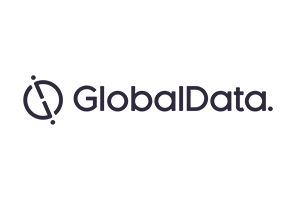Unilever has announced that all of its UK operations will be powered by 100% renewable energy after signing a contract with Eneco UK to build a new wind farm in the Scottish Highlands. This move will shake up the FMCG market as one of the sectors biggest players goes green to save money and appeal to consumers.
The deal will allow Unilever to receive 87%, or 165GWh, of the Lochluichart wind farm’s total output with the remaining 13% (24GWh) going to local residents at a retail tariff.
This is good news for the environment and good news for Unilever as it will enable the company to achieve its pledge to eliminate coal from its energy supply chain by 2020 and may help it also become ‘carbon positive’ by 2030. Unilever’s commitment to improving their environmental credentials is well documented with the company an active participant of RE100, a global initiative of influential businesses aiming for 100% renewable electricity by adopting green practices and lobbying governments for eco-friendly policies.
In response to the deal, Unilever’s chief supply chain officer, Marc Engel, commented: “We […] recognize the business case for going 100% renewable. As well as reducing risk, it will make our energy supply more resilient and deliver on our consumer promise to deliver brands that are responsibly produced in a world of finite resources.”
The falling price for green energy, especially wind, solar, and biomass, and consumers growing environmentalism is making fossil fuel energy less economical and attractive for large companies like Unilever. Renewable energy’s price has dramatically decreased in recent years from $600 per MWh in 2007 to $100 today for solar power and only $50 per MWh through wind power. The collapse in energy prices is due to better technology, greater availability, private and public investments and pro-green government policies.
Along with falling green energy prices, companies are increasingly adopting an eco-friendly ethos and business strategy as a means to better appeal to environmentally-conscious consumers. According to GlobalData’s Q3 2016 consumer survey 41% of global consumers said that they are always or often influenced by how ethical/ environmentally-friendly/ socially responsible a food product is when shopping. As a result, this is fueling companies, such as Unilever, to invest more in alternative energy sources to better capitalize on consumers desire for eco-friendly products and brands.
The ability to reduce energy bills, meet its CSR aims and appeal to consumers is behind Unilever’s ambitious 100% renewable energy deal with Eneco UK. Unilever’s decision to go green in the UK will be a tipping point in the FMCG market as competitors will be forced to react to this decision such a big player by becoming more eco-friendly and adopting green technology themselves.




